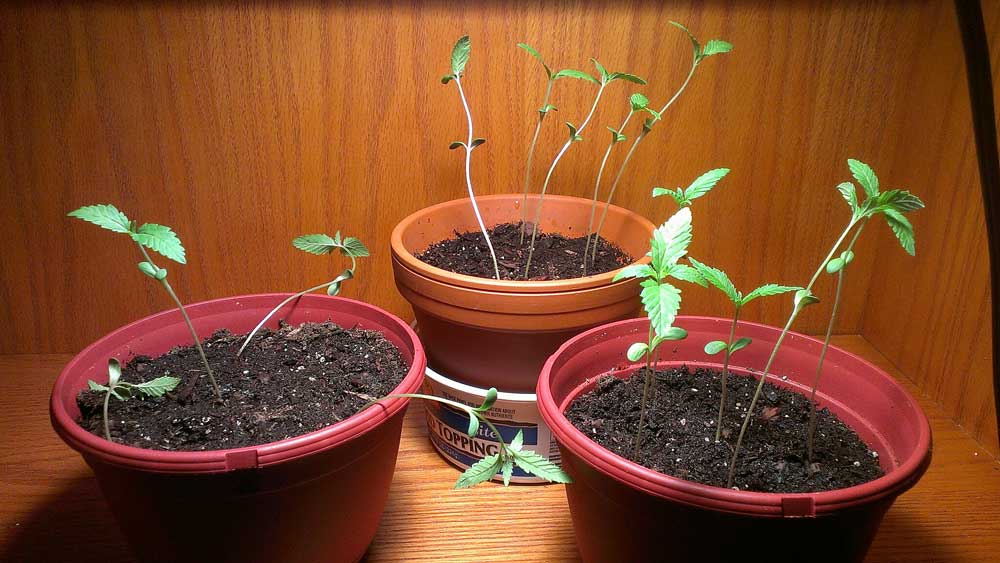

Galadriel Walser, general manager of Buddy Boy Farm, a licensed marijuana producer and processor in Reardan, Washington, agrees with adjusting her workers’ hours to keep them out of the heat.

Dust clogs the pores on the plants and slows nutrient uptake and photosynthesis. To keep the dust down around his facility, Berka has chip-bark mulch delivered several times a week. Other concerns include weeds that thrive in hot weather, which can also lead to a breeding ground for harmful insects. When Berka has done this in the past on warm days, his plants have thrived, he said. He can pull a shade cloth over his hoop houses to cut down on the ultraviolet light. “A lot of tricks to be learned from the orchardists,” Berka said. He’s noticed they use shade cloths across their entire fields for certain varieties of apples. In that region, there are many apple orchards that have been in operation for generations, and Berka takes notes on how those farmers deal with the weather. When the temperature spikes, Berka monitors his plants for signs of heat-related shock, including drooping or curling. If anything else needs to be done that day, he’ll bring back workers in the evening.īerka bought a wedding tent that shades water jugs and a commercial ice machine to keep his workers cool and hydrated. To adjust to the heat, Berka’s cultivation crew clocks in at 5 a.m. Temperatures typically peak in mid-July into August in that area. “It’s a little early for it to be that hot,” said Scott Berka, owner of Aloha Botanics, a licensed marijuana producer and processor in Okanogan County. Growers in Washington state are bracing for several days in a row of temperatures well above 100 degrees. Shifting hours for laborers to work during more ideal conditions.



 0 kommentar(er)
0 kommentar(er)
